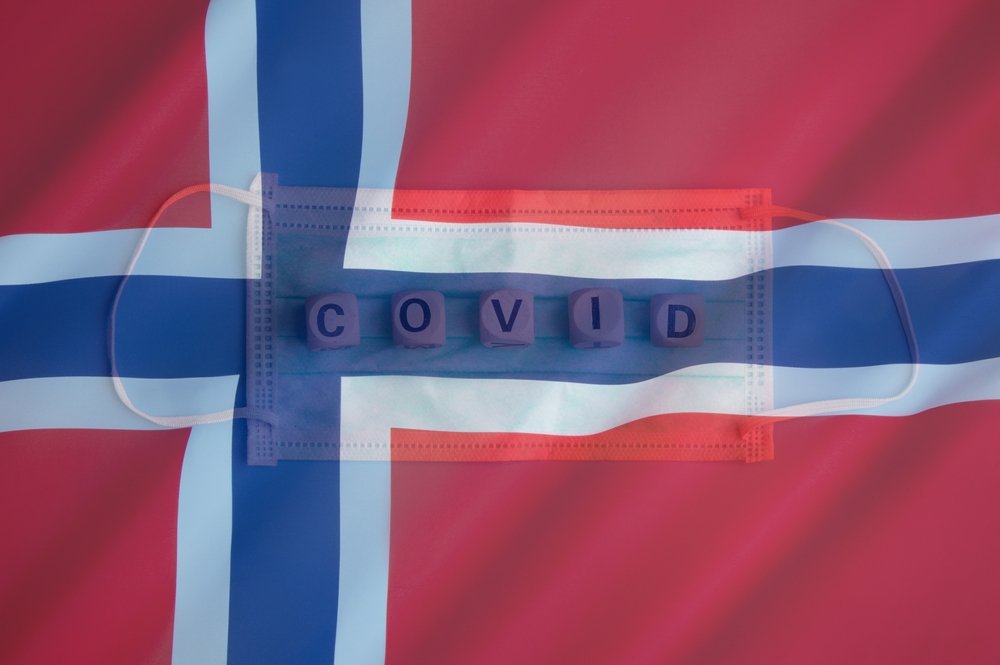
After two long years of pandemic, Norway is one step closer to normality. On Tuesday 1 February at 11 am, the Norwegian government suspended many measures taken to keep the novel coronavirus under control.
“The virus variant that is prevalent now leads to less severe illness than the previous virus variants. Even though many people are becoming infected with COVID-19, lower numbers of people are being admitted to hospital. The vaccines are offering good protection,” explained Norwegian Prime Minister Jonas Gahr Støre in a press release announcing the decision of removing certain COVID-19 restrictions.
- From now on, Norwegian citizens can reunite publicly or privately with no limits in the number of people attending such social events.
- They can use all the seats in theaters, cinemas, etc. Social distancing in these kinds of venues will be limited to other areas.
- Bars and similar drinking establishments are now enabled to serve alcohol all night long and not necessarily at tables.
- Presential classes at superior educational institutions (such as colleges and universities) are back without social distancing.
- Presential work is encouraged whenever possible (at discretion of employers).
- Outdoor and indoor sport events, recreational activities, and amusement parks and arcades are now allowed.
- Transmission quarantine for close contacts of people who tested positive for COVID-19 is not mandatory anymore. The government still recommends close contacts to get tested as well.
- Regular testing in the education sector is no longer required (unless teachers or children show symptoms).
- Norway will also facilitate international travel by eliminating the requirement of taking a COVID-19 diagnostic test upon arrival —except for Svalbard. Given that Svalbard has only one hospital and would not be able to face a COVID-19 outbreak, people who need to travel there must get tested within 24 hours after arrival, even if they’re fully vaccinated.
- Vaccination certificates will not be required to enter an eating and drinking establishment. “There is very little to be gained from introducing stricter rules for unvaccinated people. We do not think that it is expedient to introduce use of the COVID-19 certificate domestically at this time,” explained Norwegian Minister of Health and Care Services Ingvild Kjerkol with regard to this measure.
The government of Norway expects COVID-19 infection rates to rise in the next weeks as a consequence of the removal of these measures. But the authorities argue that fewer people need hospitalization and intensive care with the Omicron variant. It is more transmissible, but its effects on people’s health tend to be milder if they are fully vaccinated.
Given that most of Norway’s population has already received the booster shot, the risk of sanitary collapse is presumably minimal, but the Norwegian government is willing to reintroduce restrictions if this isn’t the case.
In the meanwhile, some requirements and recommendations will remain. For example, face masks will still be required at any public place or transport where people can’t keep their distance, and travelers from all countries (including Norwegian nationals) must still complete a registration form before arrival and take a COVID-19 diagnostic test if they are not fully vaccinated.